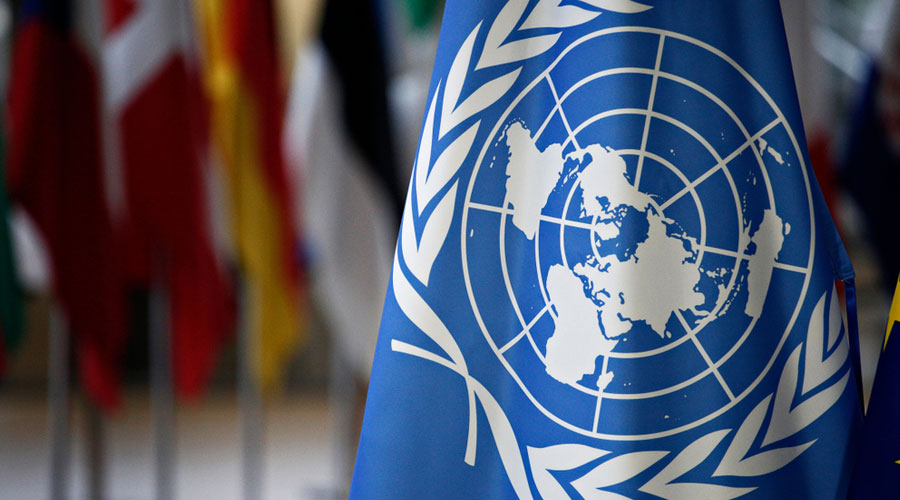Observing that the security landscape of the UN peacekeeping missions today is more complex, violent and riskier, India has told the United Nations that such missions should not exist in perpetuity.
Exit strategies should be part of the plans from the very beginning, India's Permanent Representative to the United Nations Ruchira Kamboj told the UN General Assembly's Special Committee on Peacekeeping Operations on Tuesday.
"India believes that UN peacekeeping missions should not exist in perpetuity. Exit strategies should be part of the mission planning process from inception," Kamboj said at the UN headquarters in New York.
Maintaining redundant missions for political expediency diverts essential resources from other crucial missions, she said, asserting, "It is high time we reviewed the need for continuing such missions." India has been at the forefront of UN peacekeeping missions for seven decades now. More than 2,60,000 Indians have worn the 'Blue Helmet' in 49 missions across the world. As of now, India has more than 6,000 peacekeepers deployed in nine out of 12 missions.
"The security landscape of peacekeeping missions today is more complex, more violent, riskier. Terrorists and armed groups view civilians and peacekeepers alike as fair targets. Certain armed groups have near conventional capabilities. It is, therefore, no accident that fatalities among peacekeepers have been rising steadily," Kamboj said.
Strong security sector and rule of law institutions of host states can protect civilians from terrorists and armed groups, and create conditions for peace and development, she said, adding that capacity building of such institutions is critical.
"Current conflict dynamics demand resources that grant mobility, agility and flexibility to missions. Keeping this need in mind, India is deploying a helicopter unit in MINUSMA by early May this year. The unit will contribute significantly to mission mobility and response capability," Kamboj announced.
Observing that harnessing technology is critical to increase mission effectiveness, she said that with a view to focus the council and secretariat on the issue, India steered a presidential statement on the importance of technology in peacekeeping missions during its presidency in August 2021 and followed this up by enabling the roll-out of the UNITE AWARE Situational Awareness Platform the same year.
India, she said, deployed the first ever all-women contingent in Liberia in 2007. This contingent established beyond doubt that women peacekeepers catalyse the involvement of women and the youth in developmental activities, which is important for states emerging from conflict.
"Going forward, we intend to significantly increase the numbers of Indian women peacekeepers in the coming years. As a start to the endeavour, we deployed our largest single sub unit of women peacekeepers since Liberia in UNISFA (Abyei) in early January this year," Kamboj said.
In his address, Csaba Kaoris, President of the General Assembly, applauded the immense sacrifice of all peacekeepers who paid the ultimate price.
"Peacekeeping is international solidarity in its truest form. Peacekeepers are the most human face of the United Nations' work," he said, adding that they embody crisis management and transformation on the ground.
"They go where no one is wishing to go," he pointed out, noting that not a single month passes without an attack on a blue helmets.
Highlighting the seven decades of peacekeeping work in supporting political processes, protecting civilians and promoting human rights, Kaoris said, "If this history has taught us anything, it is that we have the capacity to adopt and innovate." The Action Plan for Peacekeeping initiative and its implementation strategy are two prime examples, he said, calling on the delegates to take stock of where peacekeeping is headed and change course where needed.
PTI
Except for the headline, this story has not been edited by The Telegraph Online staff and has been published from a syndicated feed.











